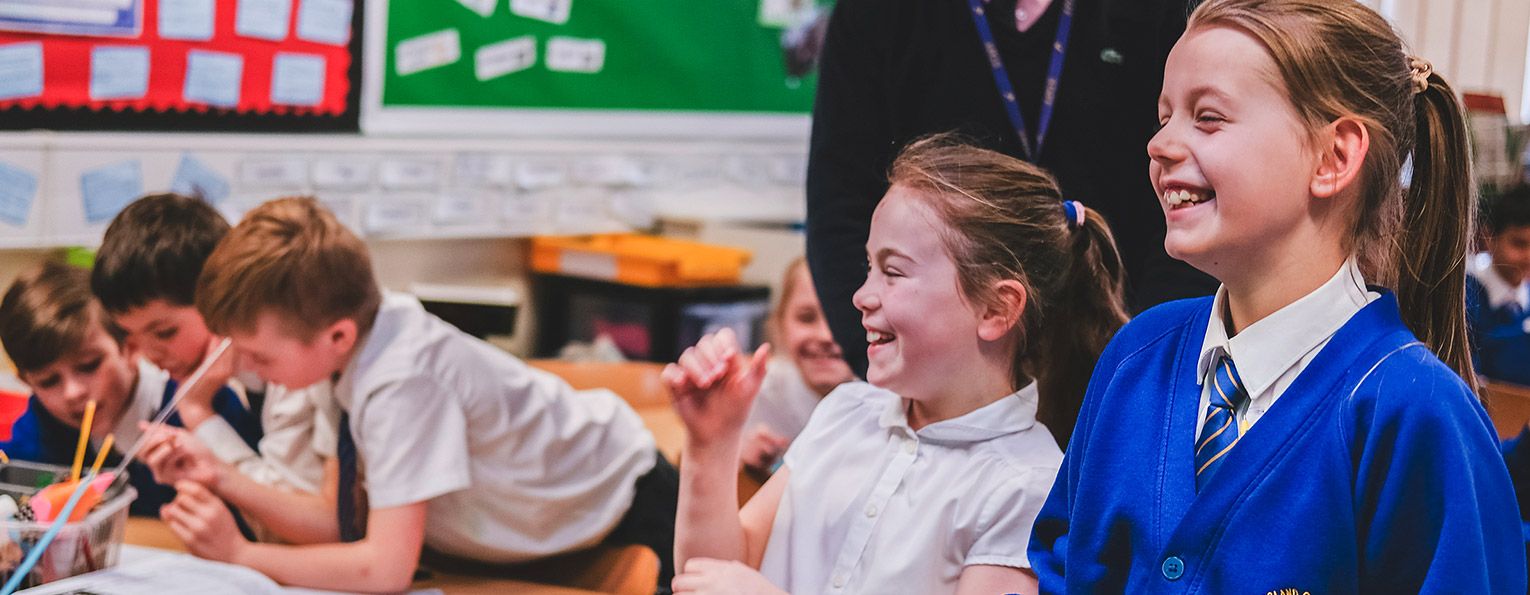What is LitFilmFest?
We create classroom projects which help schools future-proof young learners. Our award winning resource accelerate progress in English and develop leaders of the future with the 21st century skills needed for success. Our process is simple:
- Choose a LitFilmFest literacy project matched to the National Curriculum
- Download the resources and teach, improving writing progress and increasing pupil engagement using video making
- Share your literacy with your community, and with us, to give writing purpose
Why use LitFilmFest?
Our projects won the Institute Of Education’s EDUCATE award for improving KS2 English by 3.75 times the UK national average rate of progress. We also won the Teach Primary award for our Pupil Parliament project and the COBIS Member of the Year award for LitFilmFest Luxembourg.
Download the research that shows how and why LitFilmFest works.
How did LitFilmFest start?
Thanks to Emerge Education, Europe’s leading accelerator for EdTech, we began life as A Tale Unfolds back in 2013 after Dom Traynor began using video production in his primary classroom. Dom was then joined by Tim & Si to create an ever-growing library of projects that bring writing to life.
Since then, the team continues to change and grow and our projects have now been used in over 5000 schools both in the UK & internationally. Our plan is simple: change the world one classroom at a time!
Join LitFilmFest…
We created LitFilmFest to allow teachers and children to change the world. To give their literacy an audience. To give your classroom a voice.
Join the LitFilmFest community now, and empower your children to use their literacy for good.











